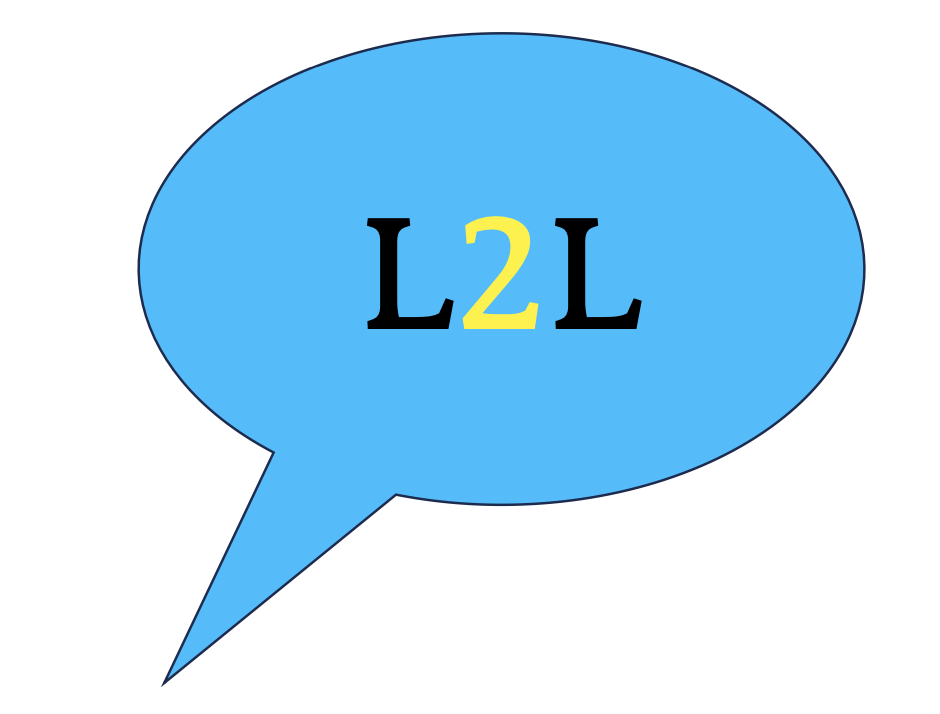Grasping the low-hanging fruit that will make our places happier & healthier
- Oct 26, 2023
- 4 min read

“Low hanging fruit”, when not in an orchard setting, refers to tasks or projects that can be easily and quickly completed before moving on to more challenging things.
I’ve been thinking about this a lot lately as many of the improvements to the places we inhabit are stuck in a kind of stasis while stakeholders fight it out across often polarised and contentious lines, with the stakes dividing and rising by the day. Housing and transport come to mind. And a few other things.
Where is the low hanging fruit in our cities that we can all identify, access and benefit from, building trust, inclusion and inspiration in the process?
I’ve had the pleasure of visiting three great European cities in the last two months - Copenhagen, Warsaw and Seville. Each has a unique heritage, architecture, cuisine and culture. They share a commitment to active travel and investment in public realm – admirable, desirable and even enviable, but not easily replicable. Medium- to long-term, but not short-term. Not low-hanging fruit.
But I noticed three other commonalites in these places:
1. Plentiful, accessible even elegant public toilets – here’s one in Warsaw

1. Trees – lots of them, spread throughout the city centres and into neighbourhoods, defining and adorning parks, public spaces and residential enclaves. Here’s a public space in central Seville:

3. Spaces, networks and events that bring people to the waterfront. Warsaw had a “two-wheel” festival along the river Vistula when I was there, Seville a rowing regatta hosted at its national water sports centre located centrally on the river Guadalquivir. In Copenhagen I joined locals in an open-water swim in the city harbour:

Each of these facilities and activities are accessible to all, year-round, and have the added bonus of promoting public health and improving health equity. They’re also relatively cheap, and most of all they’re non-contentious. Who doesn’t want access to public toilets, to walk amongst trees, to enjoy the city waterfront? And when these amenities are threatened or taken away, we see how angry people get. Everyone cares.
Call them the low hanging fruit of the urban realm – building social cohesion, local culture, and public health all in one go. That’s a lot of bang for your buck.
in our polarised, Nimby v Yimby world, finding this low hanging fruit is invaluable in enabling dialogue and providing common ground, the baby steps required to build trust amongst contentious parties so that progression to bigger, more complex decisions becomes achievable.
Here in London, this low hanging fruit is still around, but in some places it’s rotting and in others it’s dropped off the tree. Take public toilets, which began a systemic process of closures over the last decade, accelerating during the pandemic just at a time when people were encouraged to spend time outdoors. As I argued here and here London has fallen victim to the “toilet taboo” despite inconveniencing Londoners and actively discriminating against some by effectively harnessing them to a “loo leash”.
But fortunately a dedicated group of people including Caroline Russell AM and campaigners at Age UK are lobbying both
London City Hall and central government on the importance of public toilets, with growing success. They and others will be joining me next month at the London Society to discuss and debate how we grasp this particular low-hanging fruit and cultivate its abundance throughout London.
The saga of Sheffield’s felled trees demonstrated a simple truth about urban trees, according to Samira Shackle who investigated what happened for the Guardian. “at the heart of the conflict was that no one at Sheffield City council seemed to consider a basic fact: people love trees”.
It's taken this low hanging fruit to completely drop to the ground but the drive to preserve and plant trees in our cities and urban places is growing fast. The felling at Sycamore Gap last month was a particular accelerator, and demonstrated to many that we need to have a “reckoning of our relationship with trees” as campaign group Lawyers for Nature put it.
London is blessed with the river Thames, and even the large commercial developments on the river’s south bank are not completely blighting public access to the river. I have a particularly close relationship with old Father Thames as a rower and riverside resident,and live by the tides. However, there is so much more to this aquatic spine of our city that most people don’t understand or engage with, and the potential for more public involvement in, on, along, and around the river is huge. Cleanup anyone? Mudlarking? Kayaking? Swimming?
Now’s the time to grasp this low hanging fruit and invest in the things that unite v divide people – things they universally care about, like public toilets, trees and waterfront events & activities. I’m sure there are others – please add them to the fruit bowl. We might just find that the higher hanging fruit, like housing and cycle lanes and other things that are seemingly beyond our reach, become something we work toward together - successfully.
Clare Delmar
Listen to Locals
27 October 2023




